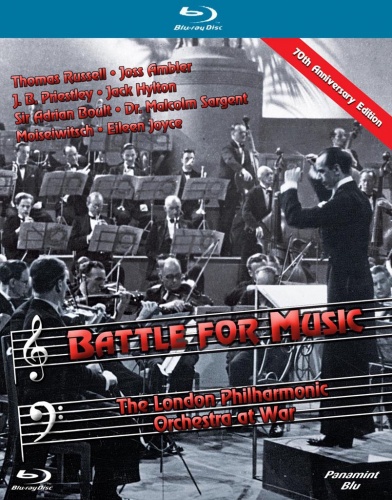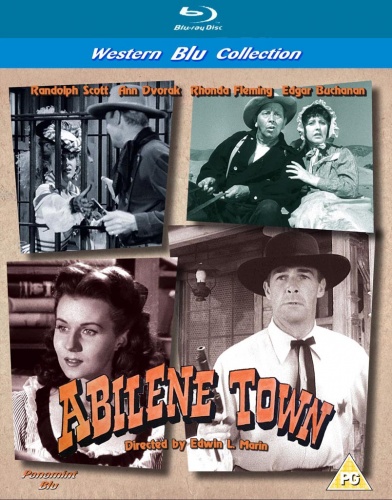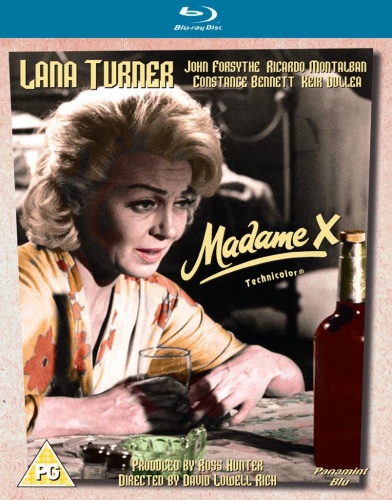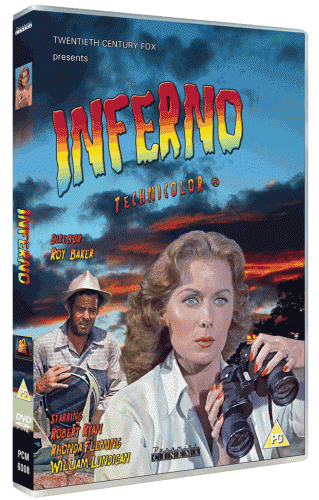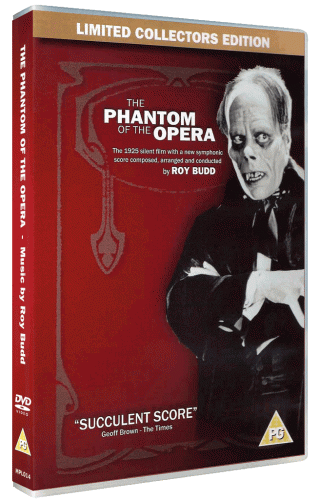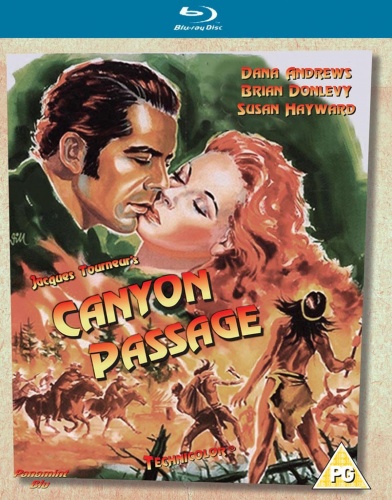Battle for Music. As the curtain fell under the shadow of war at the end of a wonderful season at Covent Garden, the London Philharmonic Orchestra faced up to voluntary liquidation. At a liquidation meeting held at the Holborn Restaurant in September 1939, a fortnight after the outbreak of war, Sir Thomas Beecham explained that there was no funding to pay the players’ fees or creditors, but the players, led by Thomas Russell, pledged to keep the Orchestra together and manage it themselves. With the blessing of Sir Thomas, the musicians formed a new company with themselves as shareholders and elected a Board of Directors. Viola player Thomas Russell became Secretary and Business Manager of the new company and they resolved to promote the Orchestra themselves and to seek their own engagements. I first learned about this film from archivist David Meeker who had worked with the British Film Institute. |
Classic Cinema
| Many years ago I purchased from the United States a VHS video starring my favourite Western actor Randolph Scott. The title was Abilene Town, made in 1946, but sadly the picture quality was very poor, scratched, dark and worn, probably from a 16 mm library print, but the performances of Scott and his co-star, another childhood favourite Rhonda Fleming in her first Western, were brilliant. After some research I discovered that the producing company, Jules Levey had closed down in the late 1940s. More research uncovered the original camera negatives and I had a high definition transfer produced from a 35 mm fine grain print made from these negatives. |
Rhonda Fleming Rhonda Fleming stars in two of Panamint Cinema’s productions, Inferno and Abilene Town. During production of these titles, I contacted Ms Fleming and she kindly sent notes of the recollections of making the films, which were included in the booklets. |
If Rhonda Fleming, with Maureen O’Hara and Susan Hayward, were hailed as “The Queen of Technicolor”, then surely Lana Turner, with Bette Davis and Joan Crawford, would be at least short-listed as “The Queen of Melodrama”. Madame X is based on Alexandre Bisson’s stage which opened in Paris on December 15 1908. An English translation by John Raphael opened in New York City on 2 January 1910 and ran to 125 performances. Madame X has been filmed several times, most notably with Ruth Chatterton and Lewis Stone, directed by Lionel Barrymore in an early sound version of 1929, and Gladys George and Warren William, directed by Sam Wood (A Night at the Opera) and Gustav Muchaty in the 1937 productions. Both of these were MGM productions. Tuesday Weld and Jeremy Brett also starred in a Universal TV movie of the play in 1981, directed by Robert Ellis Miller. |
| Not for the first time the Hollywood movie making machine faced falling numbers at the box office in the early 1950s. The growth in movie-making during the 1920s had been threatened by the Wall Street crash of 1929 and the depression of the 1930s. Filmgoers stayed at home more, their entertainment coming increasing from the radio, or the speakeasies for those who could afford it. The war years saw the need for entertainment more than ever, but as the 1950s dawned, another danger appeared in the form of that box increasingly appearing in the corner of living rooms everywhere. Television was another major threat which had to be met by the movie industry. Colour films, in the form of Technicolor and less costly formats, Trucolor and Cinecolor had made their mark, but the studios knew they had to continually differentiate themselves from the little square box. |
| Whilst writing film scores and playing jazz dates and classical events all over the world, Roy Budd had always harboured the dream to write the music for the 1925 silent film classic, The Phantom of the Opera. In June 1993, he finally finished writing, orchestrating and recording his music. The symphonic score was his last composition before his untimely death in 1993, shortly before he was due to conduct his new creation, with an orchestra of 84 musicians at the Barbican, London, then The Paris Opera and The Berlin Opera. Along with the DVD release of the film, this is the first time Roy Budd's final score has been released to the public for their enjoyment. The CD booklet also includes exclusive photos of Roy conducting and editing the music for The Phantom of the Opera. |
A restless businessman always seeking new challenges, a feckless banker facing ruin, and two beautiful women torn between these two, plus the conflict between migrants and the indigenous peoples, could easily describe a tale of political turmoil! Instead these are the ingredients for one of the great Westerns, Canyon Passage, based on The Saturday Evening Post novel by Ernest Haycox. Set in 1850s Oregon Territory, with horsepower and wagons the vehicles of business long before the iron horse or even the rickety stagecoach were to revolutionise transport, Jacques Tourneur portrays the life of the early settlers in the stunning scenery of Oregon, with a fast-paced feast of action and romance. |
